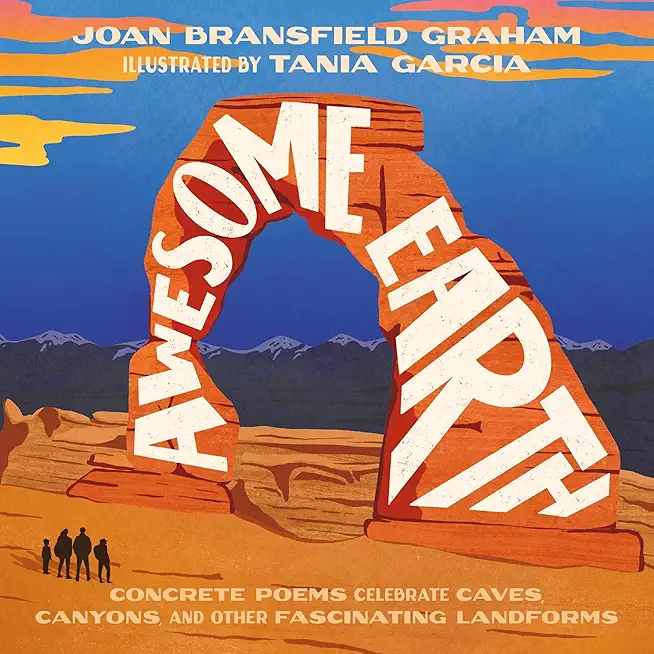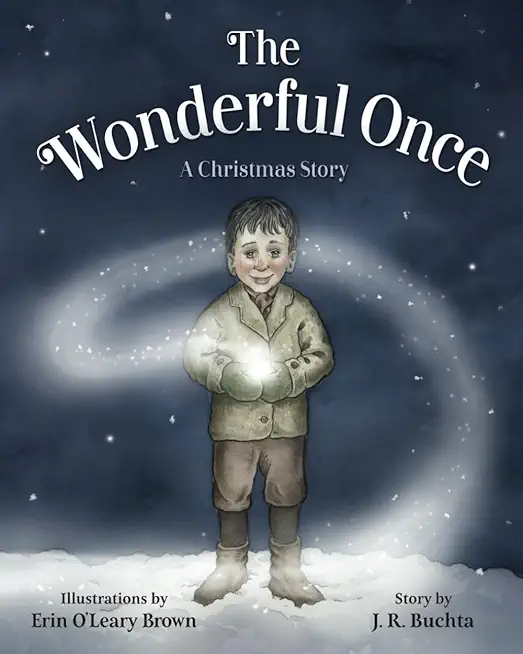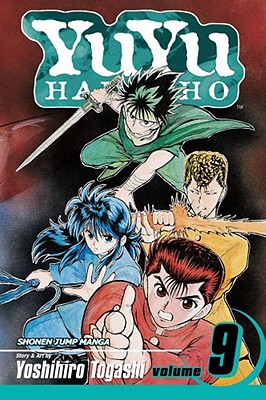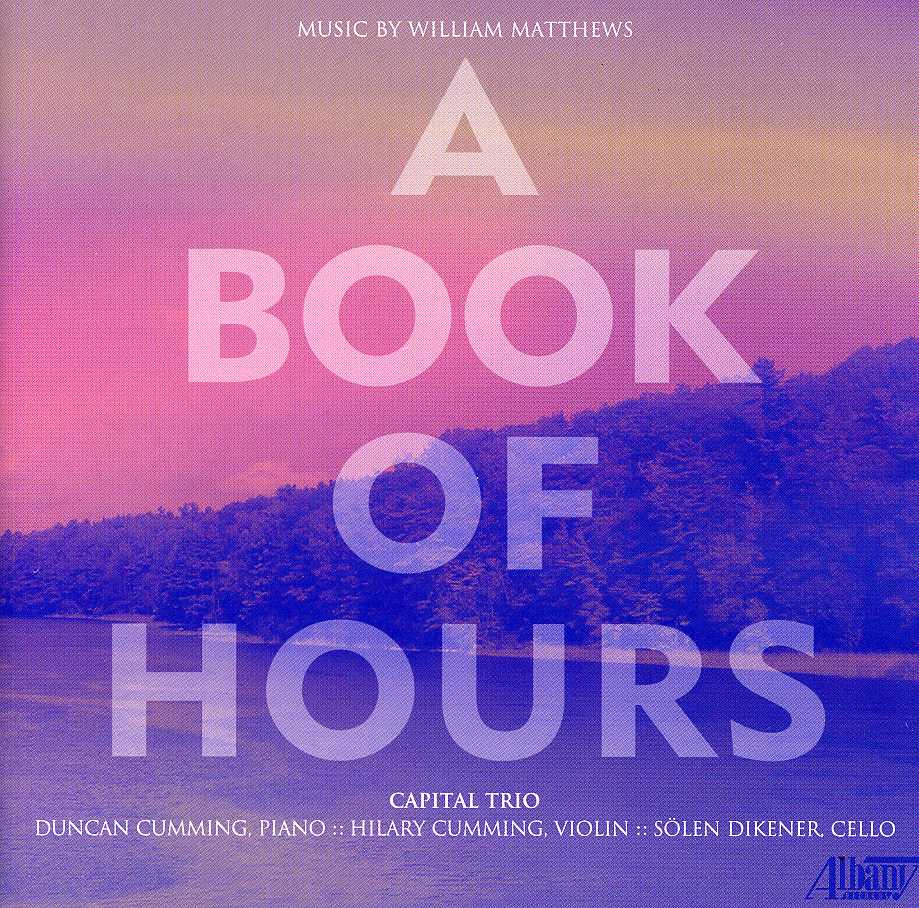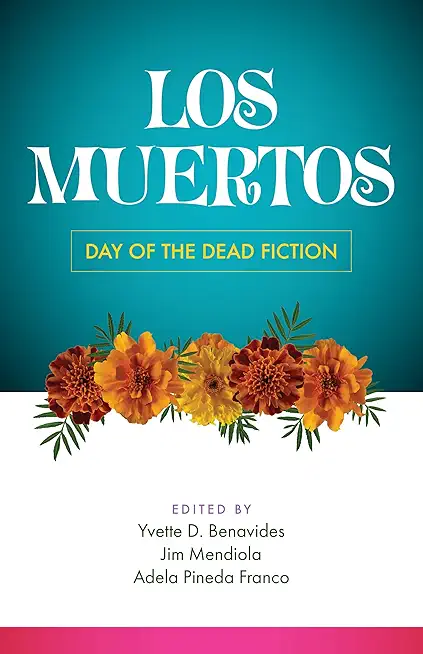
member goods
No member items were found under this heading.
listens & views

EDITION HANS KNAPPERTSBUSCH & BPO: ...
by KNAPPERTSBUSCH / SCHUBERT / BEETHOVEN / BPO
COMPACT DISCout of stock
$54.25
Return Policy
All sales are final
Shipping
No special shipping considerations available.
Shipping fees determined at checkout.
